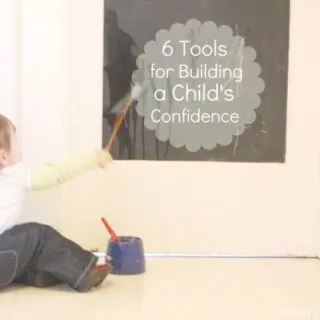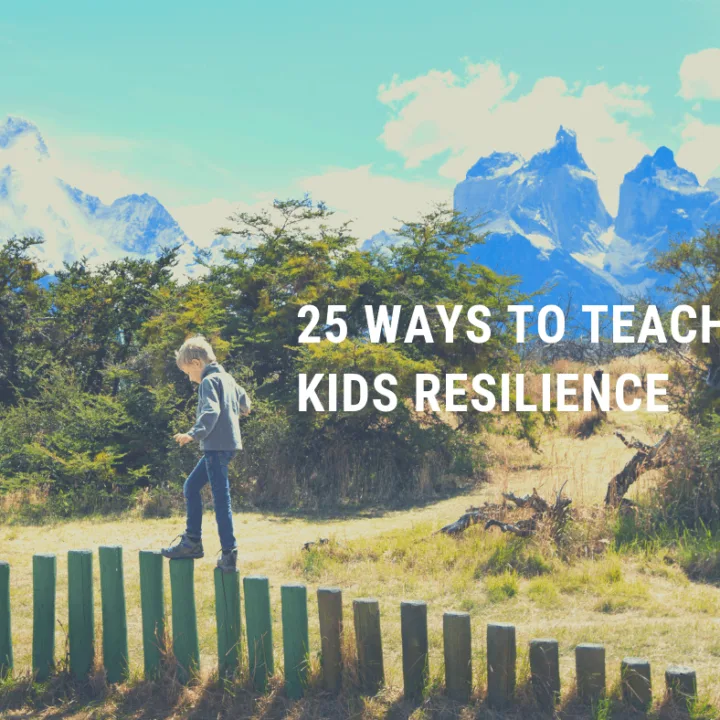Entering the world of acting can be an exhilarating yet daunting experience for children. The thrill of performing on stage or in front of a camera is often accompanied by the pressure of auditions, casting calls, and the unpredictable nature of the entertainment industry. In this comprehensive guide, we’ll explore how children can use acting as a great way to build confidence, manage stress, and foster personal growth through their interest in acting and attending casting calls. Acting can offer a place to start developing a parent’s repertoire of confidence building activities for kids. We’ll delve into how some of the techniques learnt in acting extend beyond it, enriching children’s lives and promoting overall well-being.
This is a collaborative post.

Empowering children in casting calls and auditions:
As children navigate the world of casting calls and auditions, they encounter a unique set of challenges that can evoke feelings of nervousness and self-doubt. However, with the right guidance and techniques, children can develop the confidence and resilience needed to excel in auditions:
1. Visualisation techniques
Encourage children to visualise success and positive outcomes before auditions as part of goal setting for their auditions. Guide them in imagining themselves delivering confident and captivating performances, receiving praise and applause from casting directors. Visualisation exercises help children build confidence and approach auditions with a positive mindset.
2. Deep breathing exercises
Teach children deep breathing techniques to calm their nerves before auditions. Encourage them to take slow, deep breaths, focusing on the present moment and releasing tension from their bodies. Deep breathing exercises help children center themselves and alleviate anxiety, allowing them to perform at their best.

3. Role-playing and rehearsals
Engage children in role-playing and rehearsal exercises to help them feel more comfortable and prepared for auditions. Trying things out before difficult situations, or a difficult task is an excellent way of making it seem more possible. Create mock audition scenarios where children can practice their lines, movements, and expressions in a supportive environment. Rehearsals build children’s confidence and familiarity with the audition process, reducing stress and boosting performance.
4. Positive affirmations
Foster a culture of positivity by encouraging children to use affirmations to bolster their confidence and self esteem. Teach them to replace negative self-talk with empowering statements and positive thoughts such as “I am talented,” “I am prepared,” and “I am worthy of success.” Positive affirmations help children cultivate self-confidence and belief in their abilities around public speaking and beyond.

Integrating stress management into everyday life:
While auditions and casting calls are central to a child’s acting journey, it’s essential to equip them with stress management techniques that extend beyond the audition room:
1. Mindfulness practices
Introduce children to mindfulness activities such as meditation, mindful breathing, and body scans. Encourage them to set aside time each day to practice mindfulness, focusing on the present moment and cultivating a sense of calm and clarity. Mindfulness practices help children regulate their emotions, reduce stress, and improve overall well-being.
2. Physical activity and nutrition
Emphasise the importance of regular exercise and balanced nutrition in maintaining physical and mental health. Encourage children to engage in activities they enjoy, whether it’s playing sports, dancing, or practicing yoga. Additionally, teach them about the importance of eating nutritious foods that fuel their bodies and support their overall well-being.

3. Building support networks:
Foster connections with friends, family, teachers, and mentors who provide emotional support and encouragement. Encourage children to reach out to trusted individuals when they’re feeling stressed or overwhelmed, and remind them that they’re not alone in facing life’s challenges. Strong support networks help children feel valued, supported, and resilient in the face of adversity. Resilience can build a child’s self esteem as they see that they can do hard and new things.
4. Creative outlets and hobbies
Encourage children to explore creative outlets and hobbies outside of acting to further boost confidence. Whether it’s painting, science-based exercises, writing, or playing music, engaging in creative activities allows children to express themselves, relax, and recharge. Creative hobbies provide children with an outlet for stress relief and self-expression, promoting overall well-being. They are also just fun games for kids to play often. Think about things like team sports, or cooperative board games. Both of which can instil a sense of competence in our kids; mare ways of showing our kids they can do hard things.

5. Cognitive behavioral techniques
Teach children cognitive behavioral techniques such as reframing negative thoughts, challenging irrational beliefs, and practicing self-compassion. Help them recognize and challenge unhelpful thinking patterns that contribute to stress and anxiety, and empower them to replace negative thoughts with more positive and constructive ones. Cognitive behavioral techniques equip children with valuable skills for managing stress and building resilience in everyday life.
Cultivating confidence in kids to give resilience for a fulfilling journey
As children immerse themselves in the world of acting and attend casting calls, they embark on a journey of self-discovery, personal growth, and fulfilment. By empowering children with effective stress management techniques and instilling a positive mindset we can both boost self-esteem, and equip them with essential tools for navigating life’s challenges with confidence and grace. Whether they pursue acting as a career or simply as a creative outlet, the skills they learn along the way – resilience, self-confidence, and self-awareness – will serve them well in all aspects of their lives. As parents, educators, and mentors, it’s our responsibility to support and encourage children on their acting journey, helping them cultivate confidence, resilience, and a love for the performing arts that will last a lifetime.
How parents can support their children in becoming actors:
Parents play a crucial role in nurturing their children’s interest in acting and guiding them through the challenges of auditions and casting calls. Here are some of the best ways parents can support their children’s acting aspirations:
1. Encourage and validate:
Support your child’s passion for acting by encouraging them to pursue their dreams and validating their efforts and achievements. This will have a positive effect on a child’s self-esteem. Create a nurturing and supportive environment where your child feels comfortable expressing themselves and exploring their creativity.

2. Provide practical support:
Help your child prepare for auditions by assisting them with memorizing lines, rehearsing scenes, and organising their portfolio. Offer constructive feedback and guidance to help them improve their performance and build confidence.
3. Manage expectations
While it’s essential to encourage your child to pursue their dreams, it’s also important to manage expectations and help them understand the realities of the acting industry; that way any hits they get won’t cause low self-esteem.. Teach them resilience and perseverance, and remind them that success in acting requires hard work, dedication, and resilience in the face of rejection. Doing this is all part of fostering a growth mindset.
4. Celebrate achievements
Celebrate your child’s achievements, whether it’s landing a role in a school play or securing a spot in a casting call. Acknowledge their hard work and dedication, which will also help with positive reinforcement, using lots of different ways to praise their efforts, regardless of the outcome. Celebrating achievements boosts your child’s confidence and reinforces their passion for acting.
Think about what you might change for next time together when things don’t quite go to plan, helping to build problem-solving skills, which can be a powerful way of helping our kids to understand how mistakes help us to learn. We can be great role models for this type of positive thinking for our young and older children. Modelling positive self-image ourselves has a positive impact on our kids; giving them a good example to follow.

5. Provide emotional support
Act as a source of emotional support for your child during the ups and downs of their acting journey. Listen to their concerns, offer words of encouragement, and provide comfort and reassurance during stressful times. This is true both for the older and younger children. Getting into the habit of being an active listener, fostering positive self-talk where appropriate, develops empathy, and supports healthy self-esteem in your kids. That empathy, and your unconditional love and support will help your child navigate the challenges of auditions and casting calls with more social skills, confidence and resilience.
We really hope that this article is helpful for you in exploring confience build activities for kids, and in particular focusing on using acting to build self esteem in your kids. We do have other ideas for resilience and confidence on the site, so why not take a look at those too?
Resilience and wellbeing in kids
Here are some more ideas for building confident and resilient kids from the KiddyCharts archives. We hope you like them.
There are more ideas for this off site as well – so do check those out too:
Articles on confidence and resilience from the internet
We like to give you more than just the resources from KiddyCharts to explore, so here are some more ideas for confidence and resilience building in kids.
Six Tools for Building a Child's Confidence
This is an an article that provides 6 key ideas for you to help build your child's confidence. Why not check them out today?
Helping your child recognise their strengths and abilities
Sometimes our children need a little help realising where their strengths lie - and this article helps them to work it out for themselves.
Teaching Resilience - 25 Everyday Ideas for Teaching Kids Resilience
Building resilience can be done every single day. Here are some of the ways that we can support our child with simple ideas to develop resilience.
If you like what you see here, why not sign up to our newsletter too:
We do provide printables, resources, and advice for parents, and carers globally. If you have any thoughts on what you would like to see on the site, then do let us know and we will see what we can do for you.
Thanks so much for joining us, and we really hope that we can see you again.
Helen








